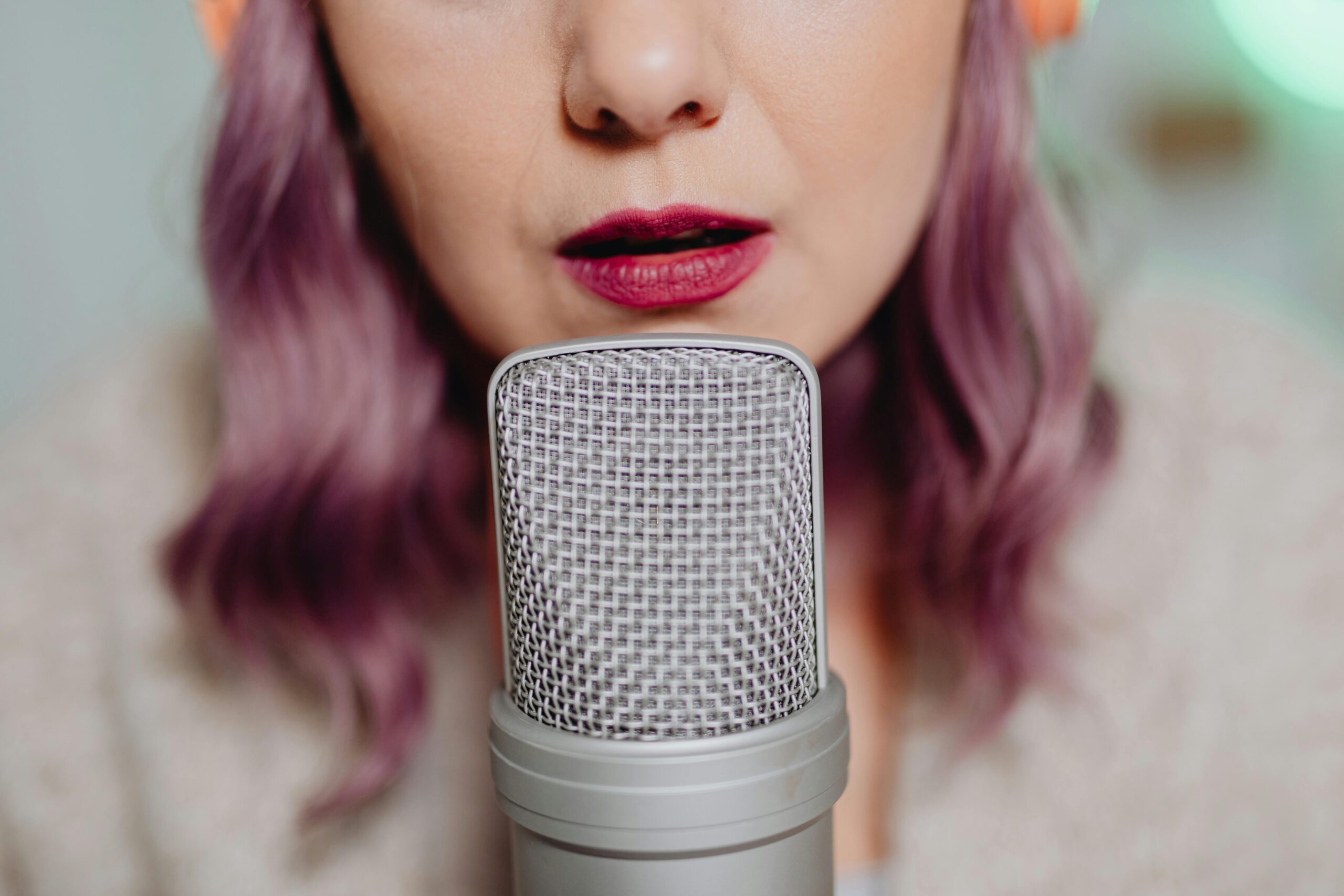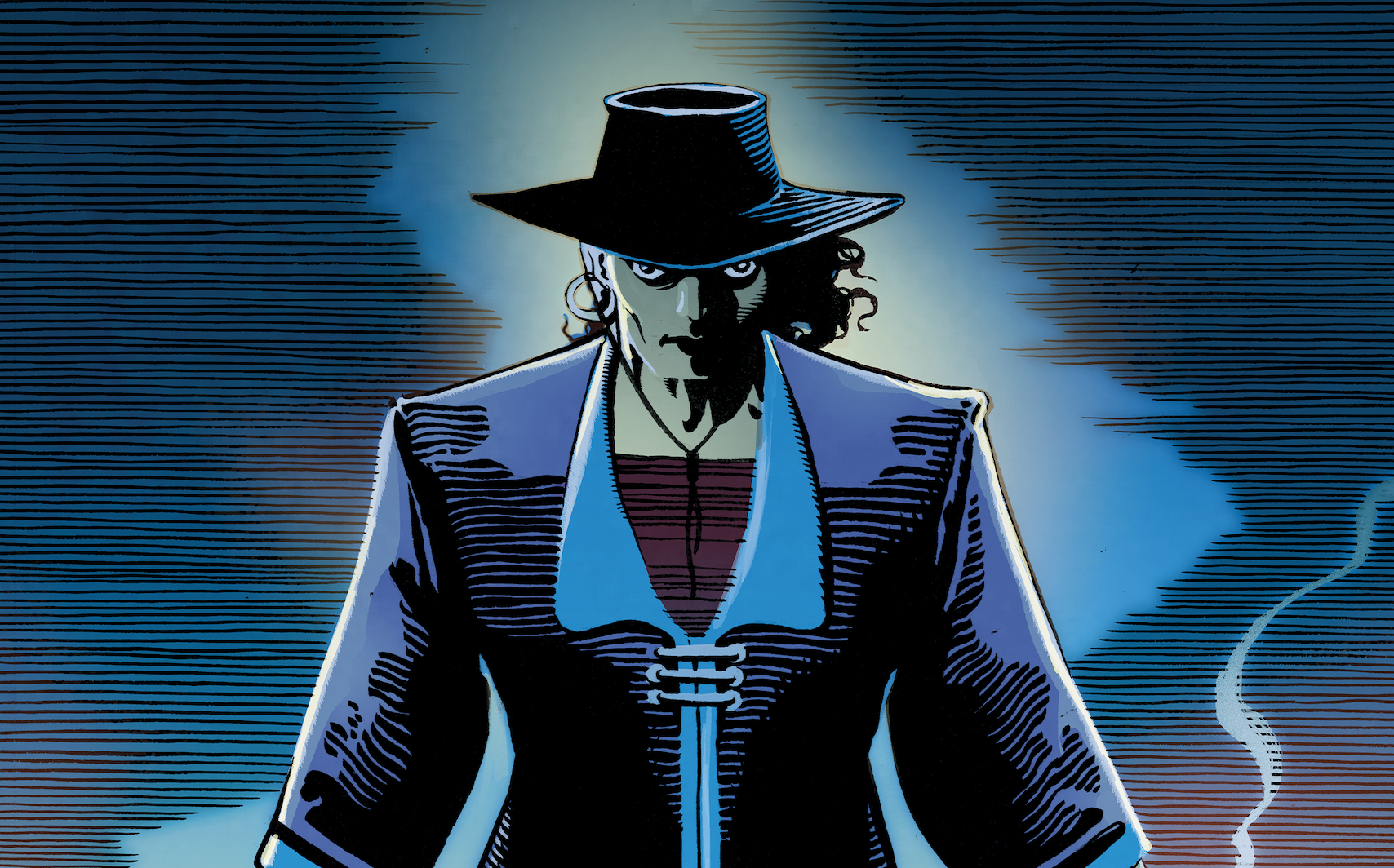
Music has always been at the forefront of cultural change and helping to shape the identity of entire generations. One genre that has undoubtedly stood out from the rest is punk rock, with its international appeal and political disruption throughout history, its influence is far-reaching.
For women, it has been the genre most associated with feminism and women’s rights, especially in the US with the emergence of the Riot Grrrl movement in the 80’s and 90’s. Although we are experiencing a feminist awakening through a range of artists and genres today, especially in pop and mainstream rock (think: Beyonce, for example) women in punk have been throwing it down on stages unrelentingly for decades, even when there was no mainstream coverage.
A new 15 minute documentary by music journalist and photographer Amanda Silberling has captured the essence of what it’s like to be a woman in punk rock through the eyes of Chicana musician, activist and educator Alice Bag. With just a small backpack of camera equipment and access to a few living legends, ‘We’re Here, We’re Present: Women in Punk’ captures the complex and nuanced relationship between personal identity and the music it inspires.

The film lays claim to the role women play in art, both in Amanda’s chosen subject matter and by nature of the fact that she completed the entire documentary on her own. As drummer Candace Hansen says, “There’s a political reason why we’re making the noise we do.” And the noise only rages on.
After headlining a benefit concert for the March to End Rape Culture, activist, educator, and musician Alice Bag remembers her roots in the 1970s LA scene: “The people who were seen as ‘other’ were actually the creators of punk,” she explains. “We’re the ones who defined it at the very beginning, and we made it so that everyone would feel comfortable.”
On a week-long Midwest tour, Alice Bag is joined by Cincinnati lush punks Leggy for a string of performances that create a remarkable juxtaposition of punk past and present. Through behind-the scenes footage, interviews, and performances, ‘We’re Here, We’re Present: Women in Punk’ explores the rapidly changing relationship between music and politics.
“[In the early 90s] I would go on a six-week tour and never see one other girl on stage with me,” remembers Tracy Wilson (Positive No, Dahlia Seed). “So it’s remarkable to be still playing music twenty five years later, and seeing this many ladies.”

This is no nostalgia piece, in fact it is a timely documentary given the current political landscape we live in here in the United States, and elsewhere across the globe. With punk music being a beacon for a number of anti-establishment movements, getting to know Alice’s career trajectory and her passion for certain issues is a cause for motivation.
“What really is the essence of punk is that feeling that you can challenge and create your world. You can challenge what’s happening and create the world that you want,” she said in an interview with Vice’s Noisey.
Not only is Alice a Chicana punk rock icon, she also represents the pioneer queer women who have forged new paths and made their voices heard on behalf of many in their communities. At the start of the film, we hear her address a crowd talking about the relevance of punk today and how it is a unique genre driven by activism and politics, more than trends or the music industry.

“Okay you old-timers — I’ve heard people say it: punk is dead, punk is not like it was when I was younger. That’s up to us — to make it feel like it felt when we were young. We can do that right here, right now. And we can make it relevant, because there’s always shit that has to be addressed,” she says.
Remezcla’s Manuel Betancourt says of the film: “this on-the-road slash behind-the-scenes documentary is as much a history lesson as a vibrant example of the power of radical music-making.”
If you are someone who has recently become politically engaged since the 2016 Presidential election and are invested in various grassroots activism and #resistance movements, consider this documentary part of your social justice “training”, so to speak. Movements grow and become more effective when we learn from others in our community.
Journalist Amanda Silberling has put together an inspiring, badass documentary that should be required viewing for all of us who want to see a role model who embodies the word “resistance”, and whose most effective weapon is her voice and stage presence. You can watch the full documentary below:
















